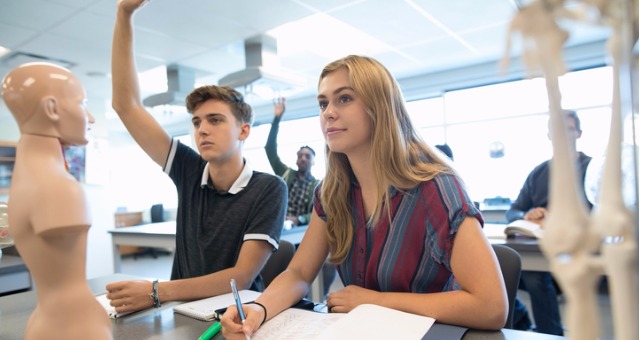Benefits of Giving Students Choices
We already do give students some choices. We let them choose paper topics, decide what to do for group projects, select subjects for artwork—and we’ve seen them struggle to make those choices. Most students don’t see selecting content as an opportunity to explore an area of interest, but rather an added burden of now trying to figure out what the teacher wants.









